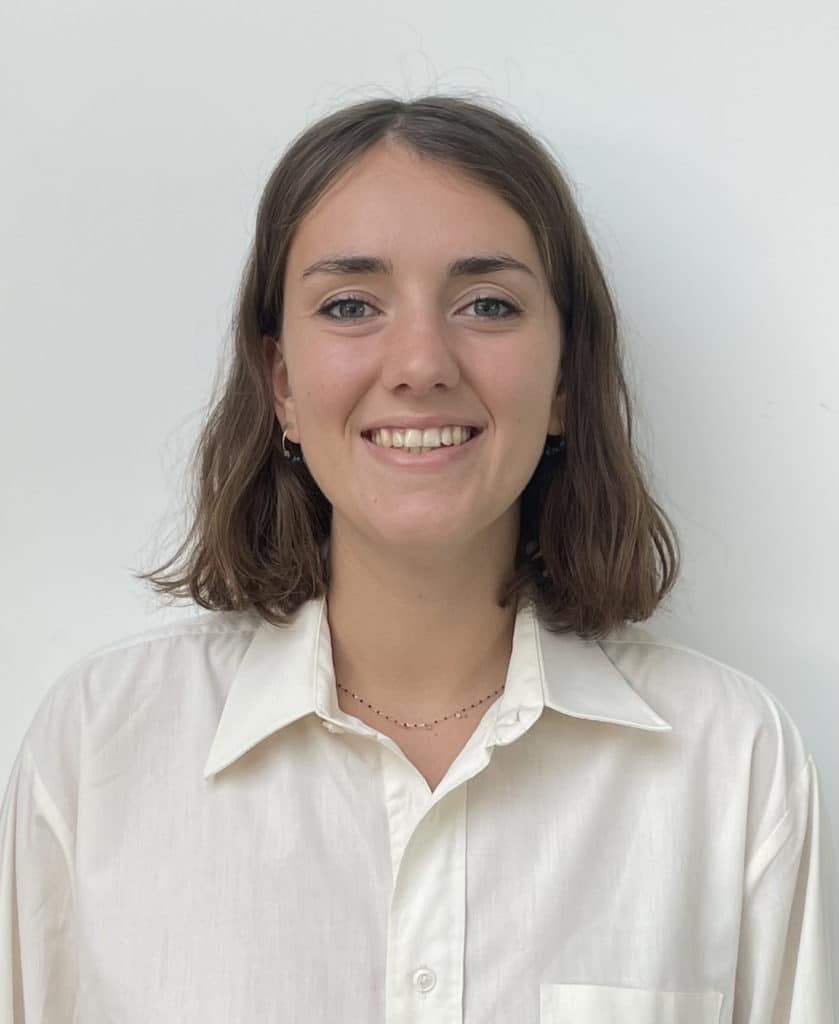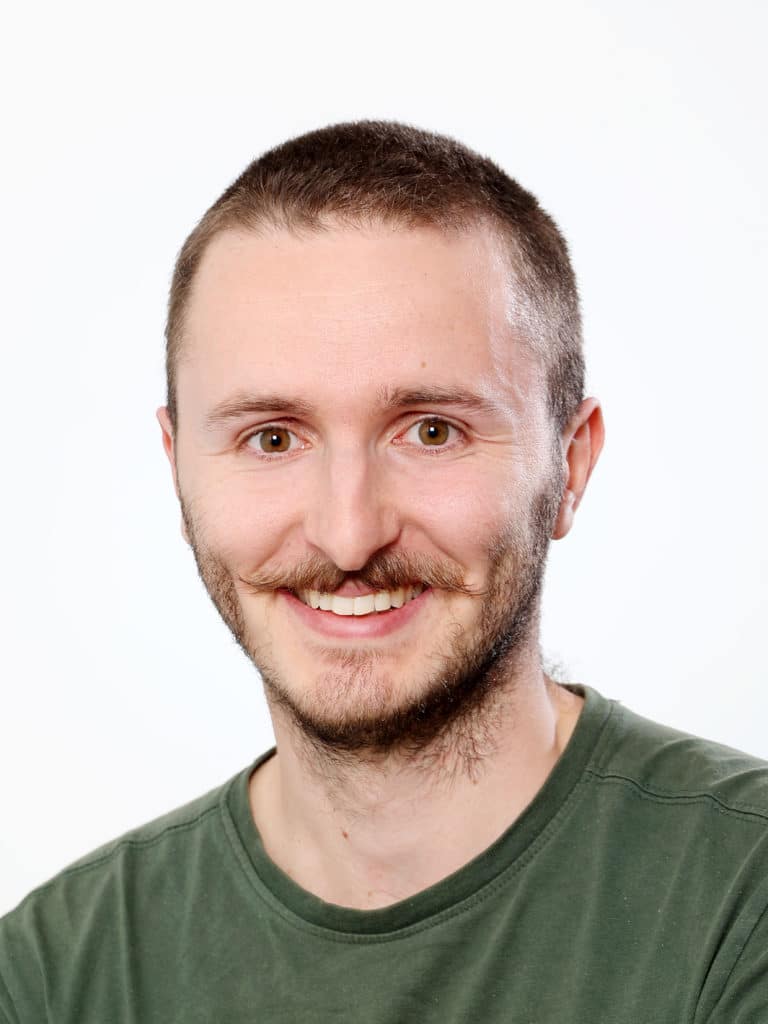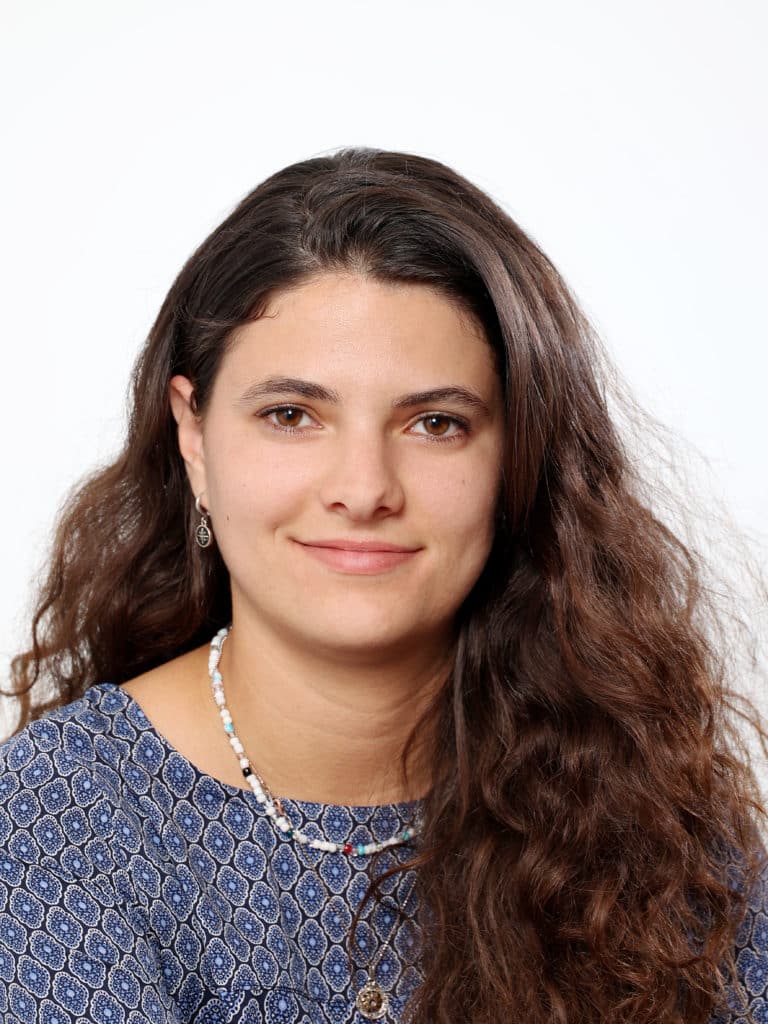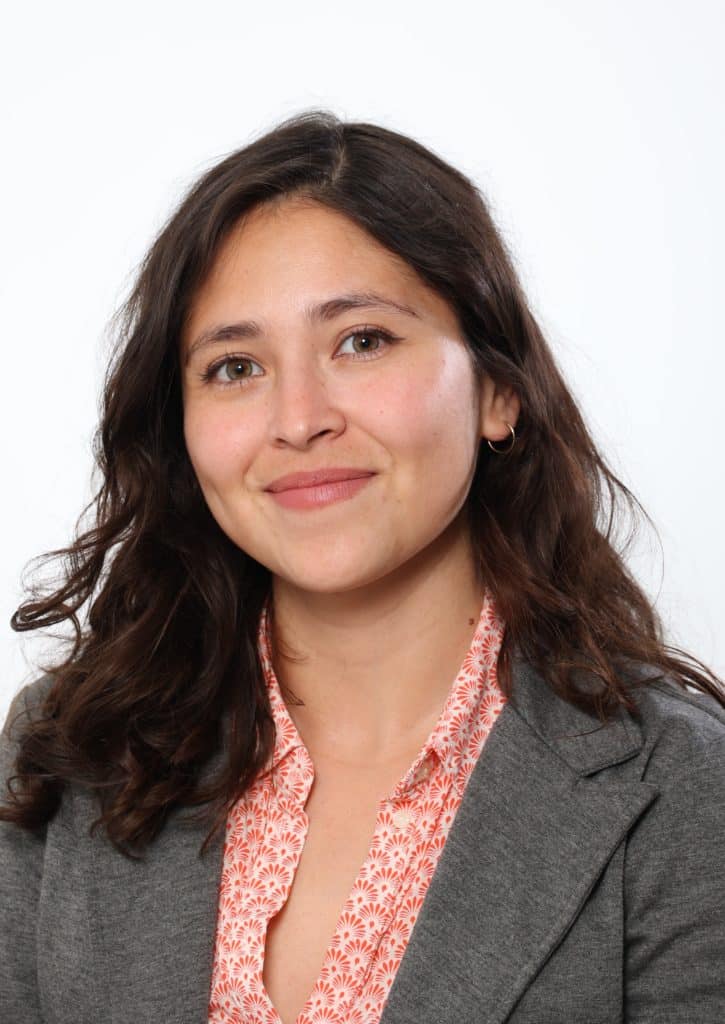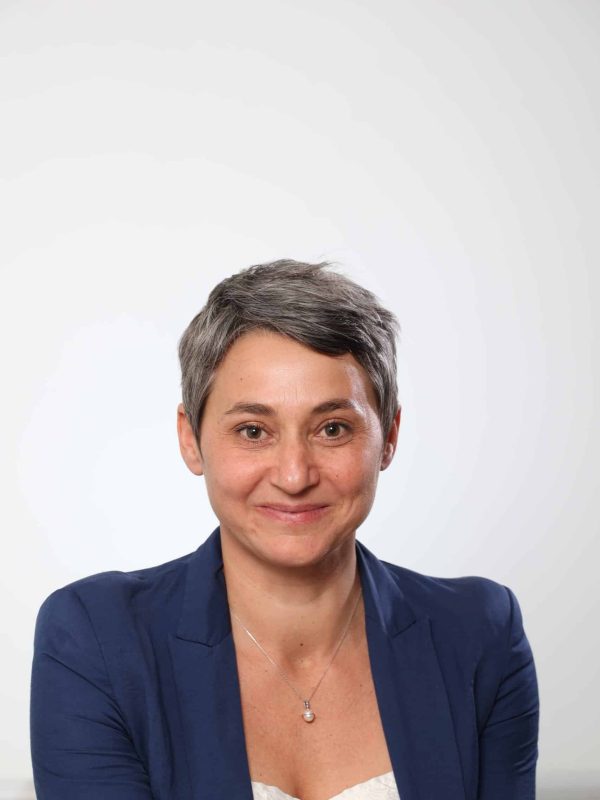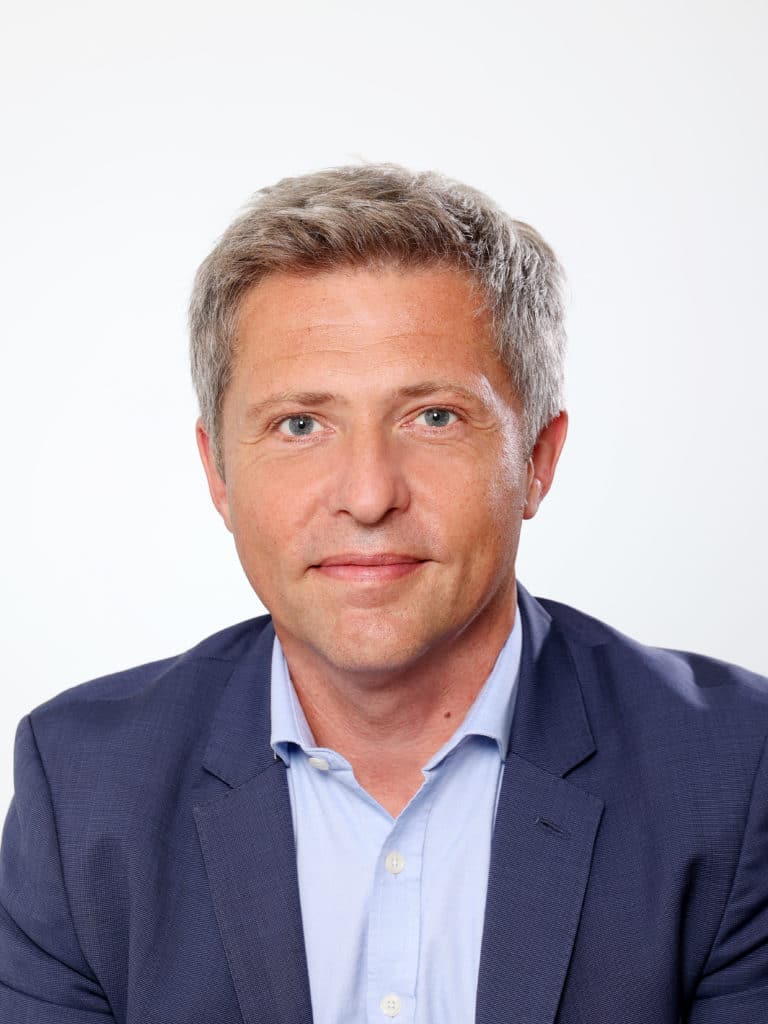France Villes et territoires Durables est partenaire et membre du COPIL du programme national d’expérimentation REHA-Héritages.
Opéré par le Plan Urbanisme Construction Architecture (PUCA), ce programme a pour ambition de :
1/ faire émerger des propositions architecturales et techniques anticipatrices, bas carbone et frugales qui respectent les caractéristiques originelles des édifices et confortent leur valeur d’usage résidentiel et améliorent significativement leur performance énergétique ;
2/ développer des outils facilitateurs pour permettre aux acteurs opérationnels et institutionnels de mener à bien ces opérations sur les plans réglementaire, financier, technique et juridique ;
3/ mettre en place des méthodes innovantes de collaboration entre acteurs opérationnels et institutionnels au niveau territorial afin d’accompagner les opérations et de développer des réseaux de compétence.
Il permettra d’identifier les besoins propres à ces opérations (outils, cadres, méthodes), d’accompagner le développement d’une culture commune de transition écologique sur des édifices présentant un intérêt architectural ou technique et d’établir une doctrine conciliant rénovation thermique, architecture et usage.
La première session s’intéresse au parc de moins de 100 ans et traite de bâtiments de logements collectifs ou de lotissements d’habitat groupé dont la conception présente un intérêt architectural ou technique, dont des édifices labellisés Architecture contemporaine remarquable.
La première phase :
Une première phase, lancée le 1er décembre, consiste en un appel à candidatures afin de sélectionner des opérations pilotes sur lesquelles les équipes candidates d’un futur appel à propositions formuleront leurs réponses. Il s’adresse à des maîtres d’ouvrage publics et privés (bailleurs sociaux, collectivités, copropriétés, ASL…).
Réponses attendues pour le 14 février 2024.
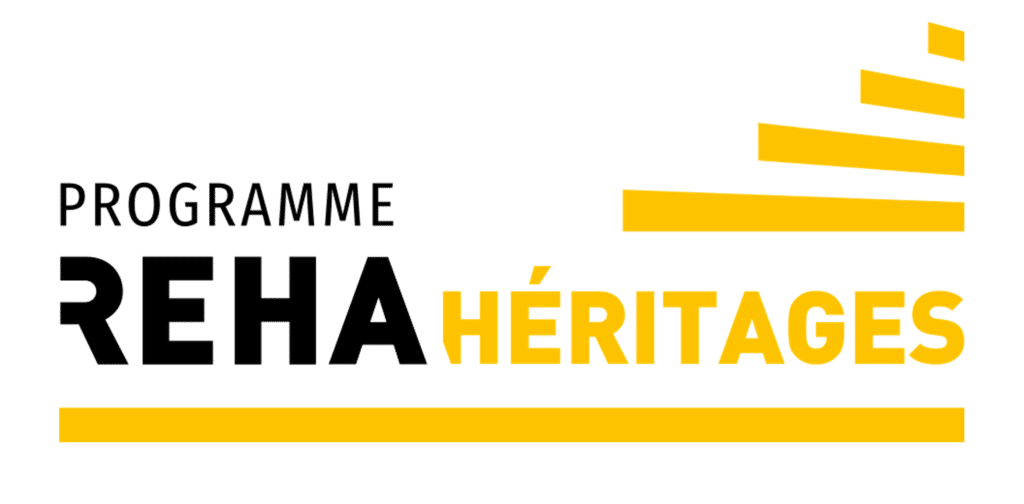
Le programme REHA-Héritages est soutenu par : Le Ministère de la Transition écologique et de la Cohésion des territoires, le Ministère de la Culture, l’Agence nationale de l’habitat (ANAH), l’Union sociale pour l’habitat (USH), l’Agence Nationale pour la Rénovation Urbaine (ANRU), Action Logement, la Banque des Territoires, le Conseil national de l’Ordre des architectes (CNOA), l’Association Nationale des Architectes des Bâtiments de France (ANABF), , la Fédération Nationale des Conseils en Architecture Urbanisme et Environnement (FNCAUE), la Mission Interministérielle pour la Qualité des Constructions Publiques (MIQCP), France Villes et territoires Durables, le Centre Scientifique et Technique du Bâtiment et le CEREMA
Lire aussi
22
- Actualités des membres
02
- Actualités des membres
30
- Actualités des partenaires

